What is Biologically Appropriate Pet Food?
Biologically appropriate pet food refers to food designed to meet the natural, evolutionary dietary needs of your pet. This type of food mimics what your pet's ancestors—wild canines and felines—would have eaten in the wild. For dogs, this includes a diet high in animal proteins and fats with minimal carbohydrates. For cats, the emphasis is on high-protein, meat-based nutrition, as they are obligate carnivores.
By feeding your pet food that aligns with their biological dietary needs, you can provide them with the nutrients they are naturally designed to thrive on.
Understanding Your Pet's Biological Dietary Needs
Your pet's digestive system has evolved to process certain types of food efficiently. For dogs and cats, this means diets that are rich in high-quality animal proteins and fats, with little to no grains or fillers. Feeding a biologically appropriate diet helps support:
- Optimal Digestion: Pets on biologically appropriate diets tend to have healthier digestion, with fewer incidents of bloating, gas, or upset stomach.
- Healthy Skin and Coat: The high levels of protein and essential fatty acids found in biologic pet food contribute to a shiny, healthy coat and moisturized skin.
- Increased Energy and Vitality: Biologically appropriate foods provide pets with the energy they need to stay active and playful.
- Overall Health and Longevity: A balanced, species-appropriate diet supports immune health, reduces inflammation, and promotes a longer, healthier life.
Biologically Appropriate Dog Food
Dogs, though domesticated, retain many of the same dietary needs as their wild ancestors, wolves. This means that a biologically appropriate dog food is rich in animal proteins, like meat, organs, and bones, and low in grains and carbohydrates.
Many dog owners have turned to biologically appropriate raw foods, also known as the BARF diet (Biologically Appropriate Raw Foods or Bones and Raw Foods), for its health benefits. Raw diets are made up of fresh, unprocessed meats, bones, and organs, providing dogs with a nutrient-dense diet that closely mimics what they would eat in the wild. These raw foods can improve digestion, promote better oral health, and lead to leaner, stronger muscle development.
If raw food isn’t ideal for your household, there are plenty of high-quality, biologically appropriate dog foods available in dehydrated or freeze-dried options, offering the same benefits in a more convenient format.
The Benefits of Biologic Raw Dog Food
Switching to biologic raw dog food has become a popular trend for health-conscious pet owners.
Some of the key benefits include:
- Improved Digestion: Raw diets are free from artificial fillers and highly processed grains, leading to better digestion and smaller, less odorous stools.
- Better Dental Health: Chewing on raw meat can naturally help clean your dog’s teeth and gums, reducing plaque and tartar buildup.
- Increased Muscle Mass: Dogs on biologic raw diets often show leaner muscle mass and improved overall fitness due to the high levels of protein.
- Reduced Allergies: Many dogs with food sensitivities or allergies to grains or artificial additives experience fewer symptoms on biologically appropriate raw foods.
Biologically Appropriate Cat Food
Cats, as obligate carnivores, require a diet that is almost entirely animal-based. This means that biologically appropriate cat food should focus on providing high levels of animal proteins, like those found in raw meats, with minimal plant-based ingredients. Cats cannot thrive on grain-heavy diets, which can lead to weight gain, digestive issues, and even long-term health problems like diabetes.
Biologically appropriate cat food, especially raw or freeze-dried options, can offer numerous benefits:
- High Protein for Muscle Maintenance: Cats need high-quality protein to maintain their lean muscle mass and stay active.
- Hydration Through Food: Cats have a low thirst drive, so moisture-rich biologic raw cat foods can help keep them hydrated, reducing the risk of urinary tract issues.
- Healthier Weight Management: A diet that mirrors their natural food intake can help cats maintain a healthy weight and avoid obesity, a common issue in cats fed processed foods.
How to Transition Your Pet to Biologically Appropriate Foods
If you’re considering switching your pet to biologically appropriate foods, it’s important to make the transition gradually. Start by mixing a small portion of the new food into their current meals, gradually increasing the amount over 7-10 days. This helps prevent digestive upset and allows your pet to adjust to the new textures and flavors.
As with any diet change, consult with your veterinarian before switching to biologically appropriate raw foods or the BARF diet, especially if your pet has any underlying health conditions.
Nourish Your Pet Naturally
Feeding your pet a biologically appropriate diet is one of the best ways to nourish them naturally, supporting their overall health and well-being. Whether you choose biologically appropriate dog food, biologically appropriate cat food, or raw diets, your pet will benefit from eating foods that align with their biological dietary needs.
At Open Farm, we are committed to providing ethically sourced, biologically appropriate pet foods that promote optimal health. Explore our range of premium, nutrient-rich foods that are designed to support your pet’s natural dietary needs.




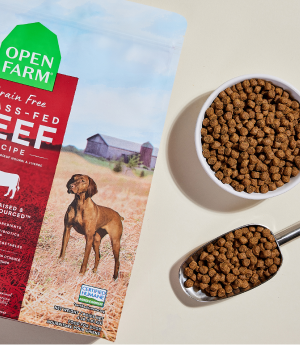
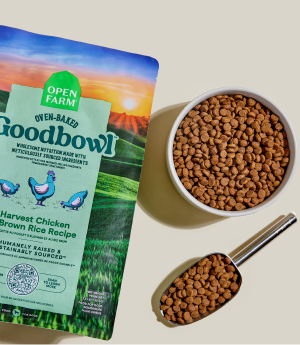
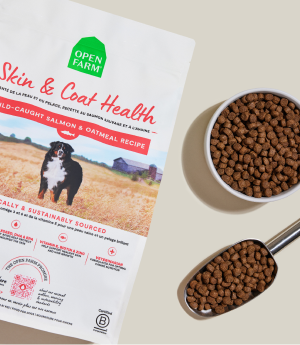
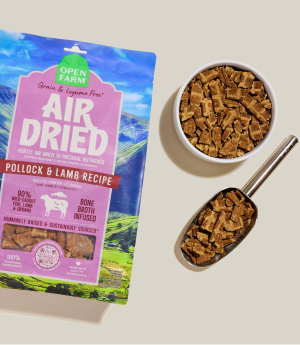
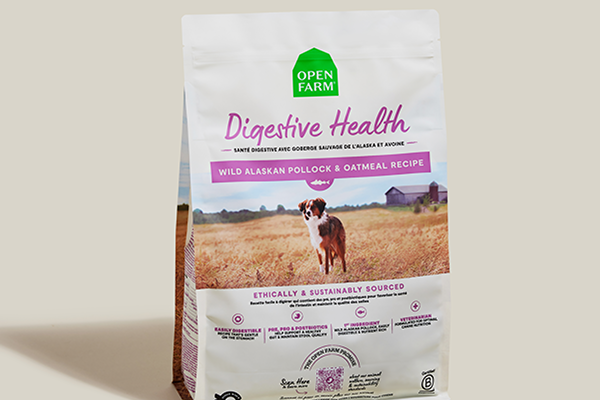


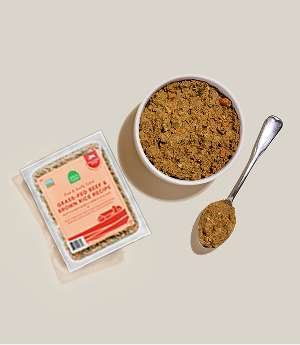

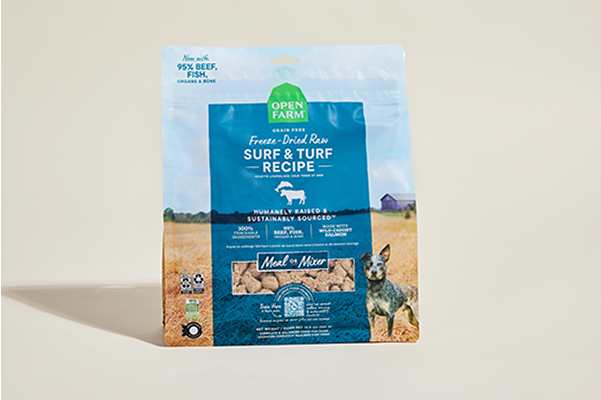
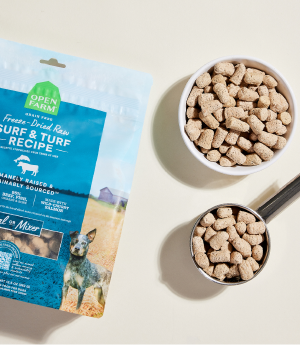
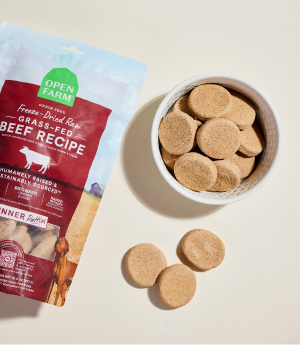
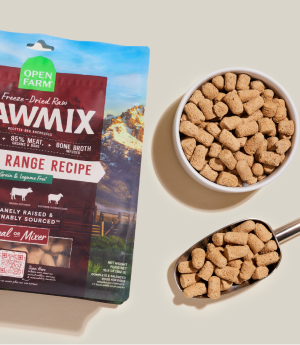
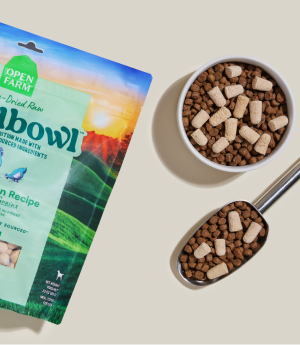
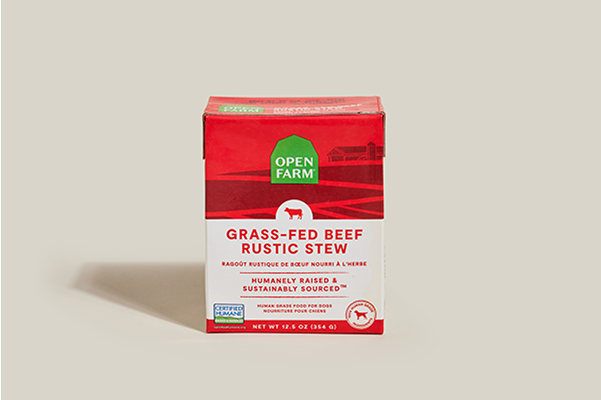
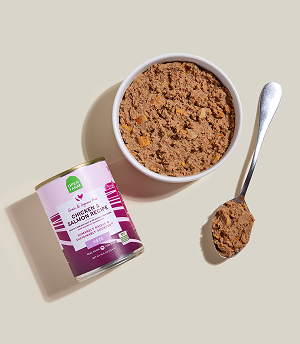
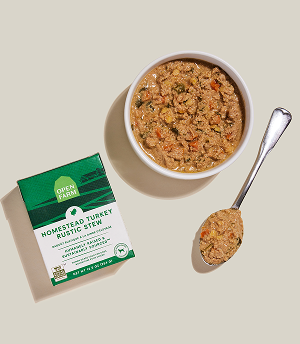
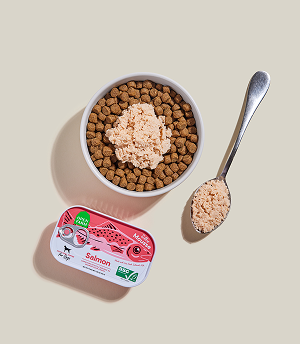
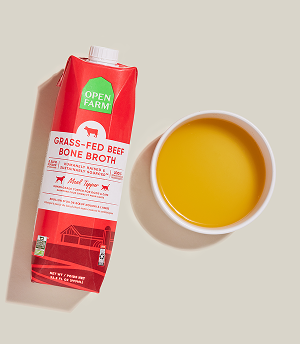

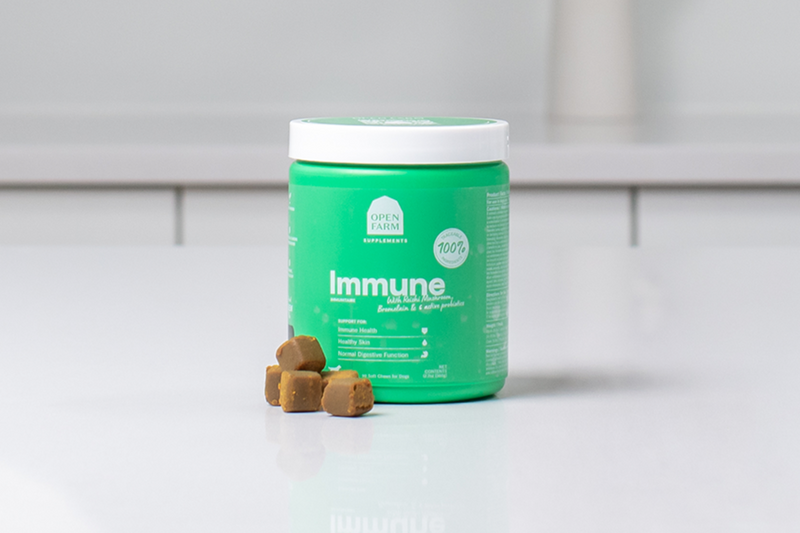
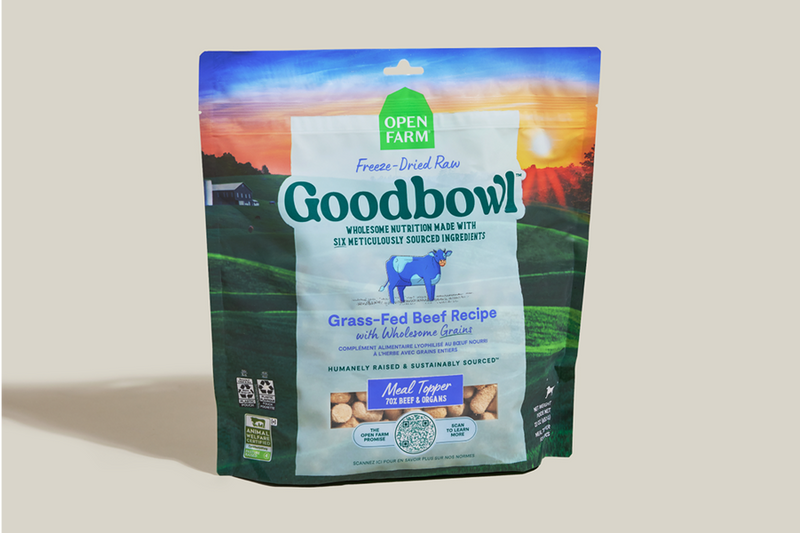
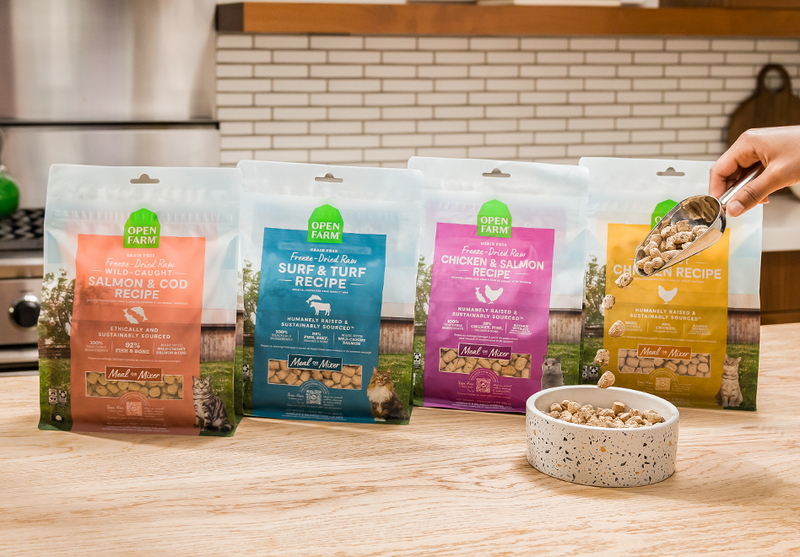

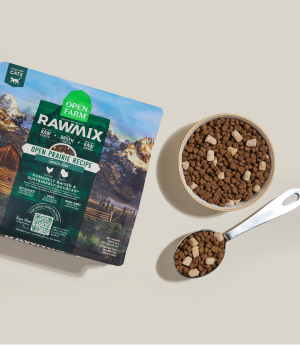
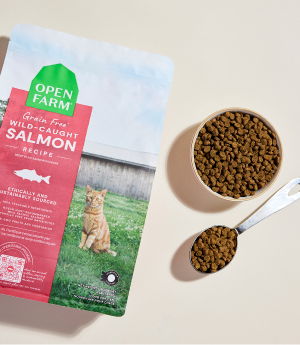
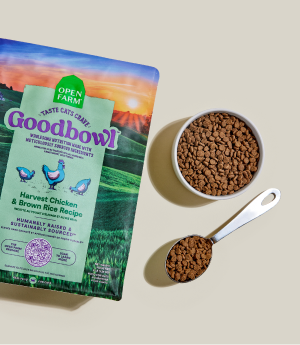
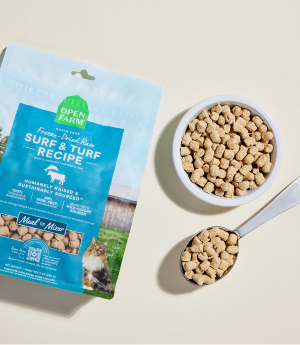

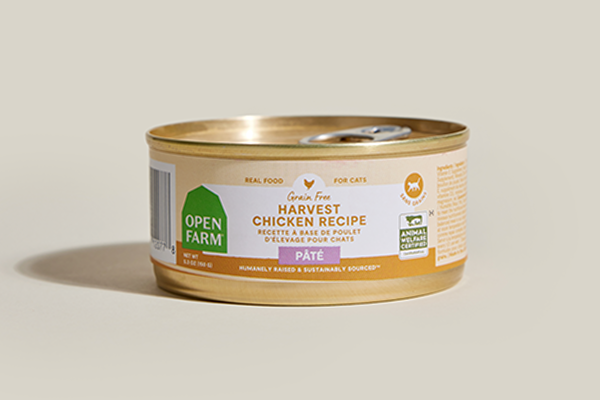
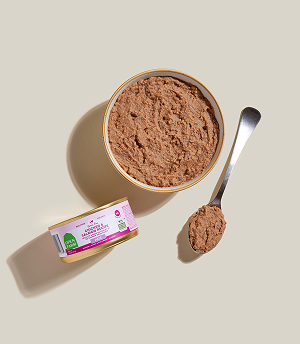
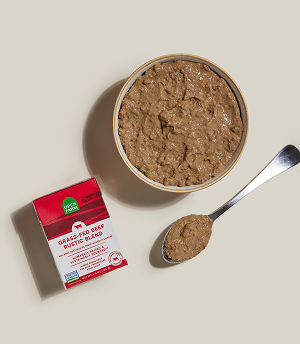
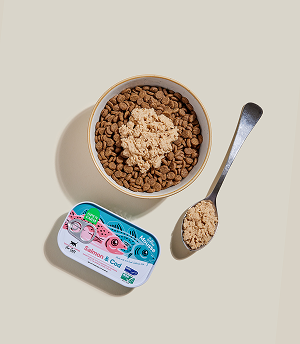

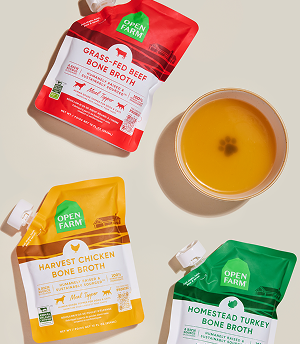
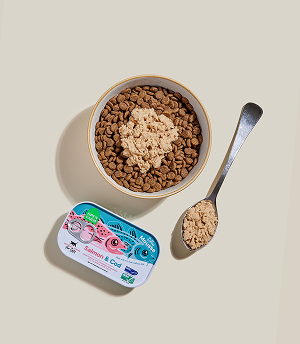
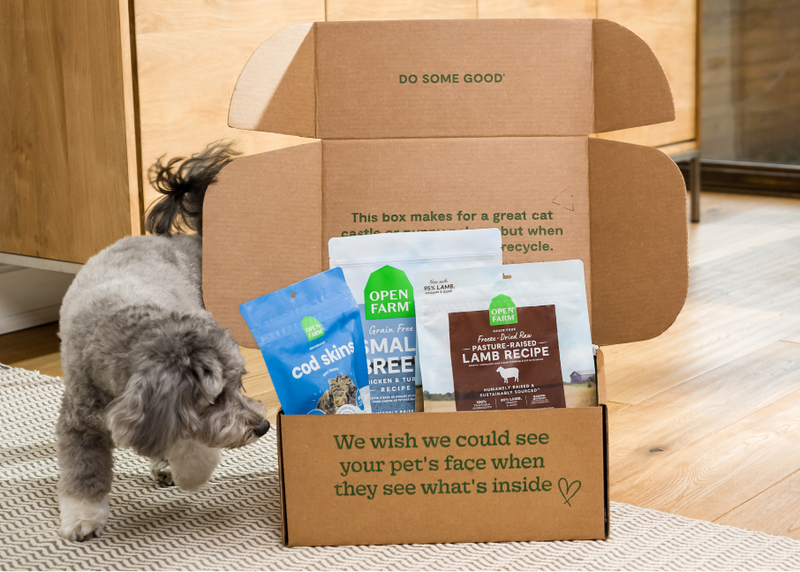
 Sign In
Sign In
 Create Account
Create Account




